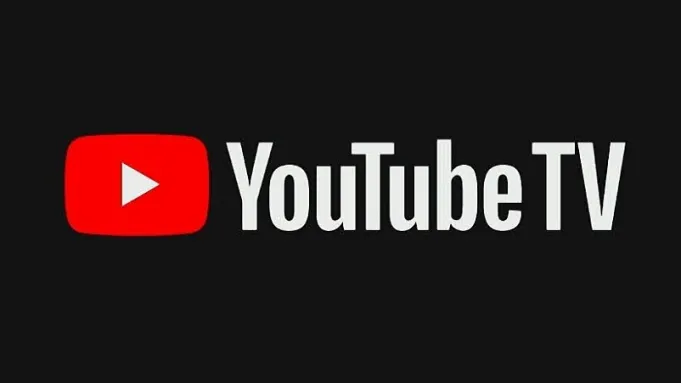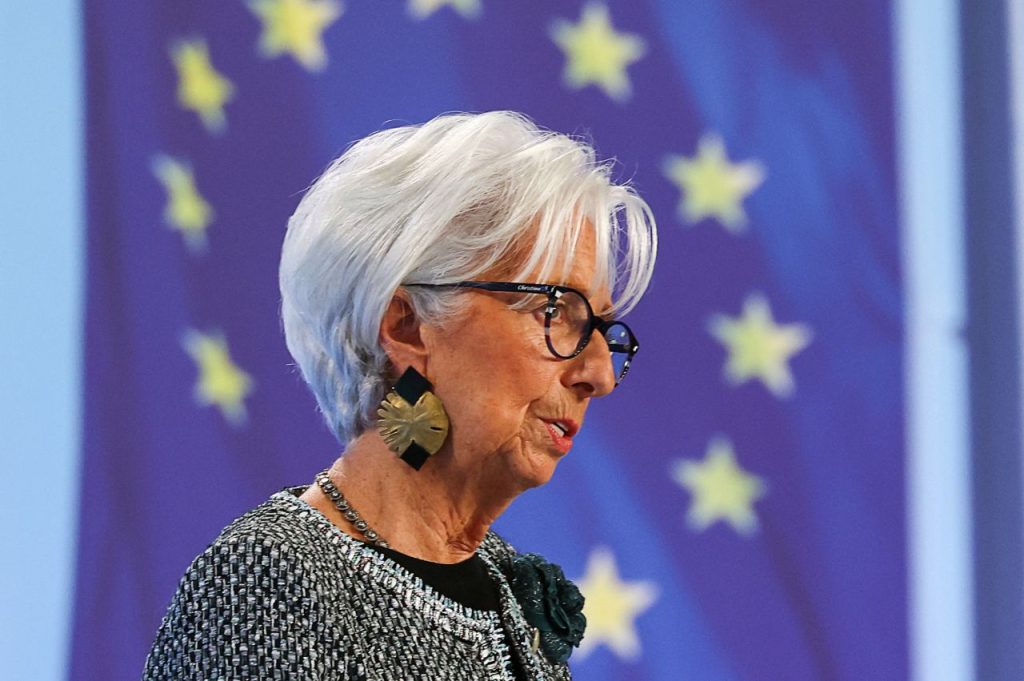31October, Starlink To Increase Price For New Subscribers

Starlink, a satellite internet provider, has announced a significant increase in its monthly subscription rates for both current and new customers.
The price hike will affect the standard residential package, which will now be priced at ₦75,000, as well as the mobile regional (roam unlimited) package, which will cost ₦167,000, and the mobile global (global roam) package, priced at ₦717,000.
Citing “excessive levels of inflation,” Starlink attributed the rate hike to economic realities and advised customers that they can cancel their service without incurring penalties.
With the cost of living rising across Nigeria, many consumers are facing increased financial pressure, which may make the price hike for Starlink’s services even more challenging to manage.
While satellite internet is a key tool for connectivity in remote areas, its relatively high cost may become a deterrent for some customers, especially those on limited budgets.
The balance between providing high-quality services and maintaining affordability is a delicate one, and Starlink will need to navigate these challenges carefully in order to maintain customer satisfaction and loyalty.
As Starlink adjusts to the changing economic landscape, it may be forced to weigh the trade-offs between profitability and customer retention.
While higher subscription rates may generate more revenue in the short term, they may also discourage potential customers from subscribing to the service, particularly in areas where traditional broadband connectivity is available at lower prices.
Moreover, Starlink’s decision to raise prices during a period of economic hardship could create a perception of insensitivity towards the challenges faced by its customers, which could harm its reputation and brand image.
Starlink’s position as a satellite internet provider puts it in a unique position within the Nigerian market, as it can potentially reach customers in areas that lack traditional infrastructure for broadband connectivity.
However, the company must also be mindful of the competition it faces from other internet providers, both traditional and emerging, as they may use this price hike as an opportunity to capture more market share.
Ultimately, Starlink’s ability to navigate these challenges will depend on its ability to deliver high-quality service, maintain customer loyalty, and adapt to the changing needs and circumstances of its target market.
As Starlink seeks to navigate the complexities of the Nigerian market, it must consider how its pricing strategy aligns with its long-term growth strategy and objectives.
While short-term profit maximization may seem attractive, Starlink must also consider the potential for future growth and expansion, as well as the risks of alienating its customer base.
Moreover, the company may need to explore alternative revenue streams, such as value-added services or strategic partnerships, to offset potential losses from customers who choose to cancel their subscriptions in response to the price hike.
In the midst of Nigeria’s ongoing economic challenges, Starlink’s price hike serves as a reminder of the delicate balance between providing essential services and remaining financially viable.
For Starlink to succeed in the long term, it must not only deliver a high-quality service, but also demonstrate a deep understanding of its customers and their needs.
This will require a nuanced and customer-centric approach to pricing, as well as a commitment to continuous innovation and improvement in order to maintain its competitive edge and remain a trusted and preferred provider of satellite internet in Nigeria.
As Starlink embarks on this next phase of its growth and evolution, it will need to draw on its strengths, such as its advanced technology and ability to deliver high-speed internet in areas that traditional providers cannot reach.
At the same time, the company will need to address the concerns and challenges of its customers, whether through more flexible pricing options, improved customer service, or other initiatives that demonstrate a genuine commitment to customer satisfaction.
As Starlink faces these challenges, the broader Nigerian economy will continue to play a significant role in shaping the company’s trajectory.
From the effects of inflation on the cost of goods and services to the impact of government policies on the telecommunications sector, Starlink will need to stay abreast of these developments and adapt its strategy accordingly.
Amidst these uncertain and volatile conditions, Starlink’s ability to innovate, communicate, and deliver value to its customers will be crucial in determining its success and longevity in the Nigerian market.
Starlink’s experience in Nigeria may also hold broader lessons for other companies looking to enter the Nigerian market or expand their presence there.
For example, Starlink’s pricing challenges highlight the importance of understanding the nuances of local markets and adjusting pricing strategies accordingly.
Similarly, the company’s efforts to balance profitability with customer satisfaction can serve as a reminder that, in an increasingly competitive and rapidly changing business landscape, success often depends on a combination of technical expertise, strategic planning, and a deep understanding of customer needs and preferences.
References and Citations:
- Thecable – Starlink increases monthly subscription price to N75,000
- Punch – Satellite internet provide Starlink hike rates
- Businessday – Naira takes Starlink out of reach as price jump 115%






